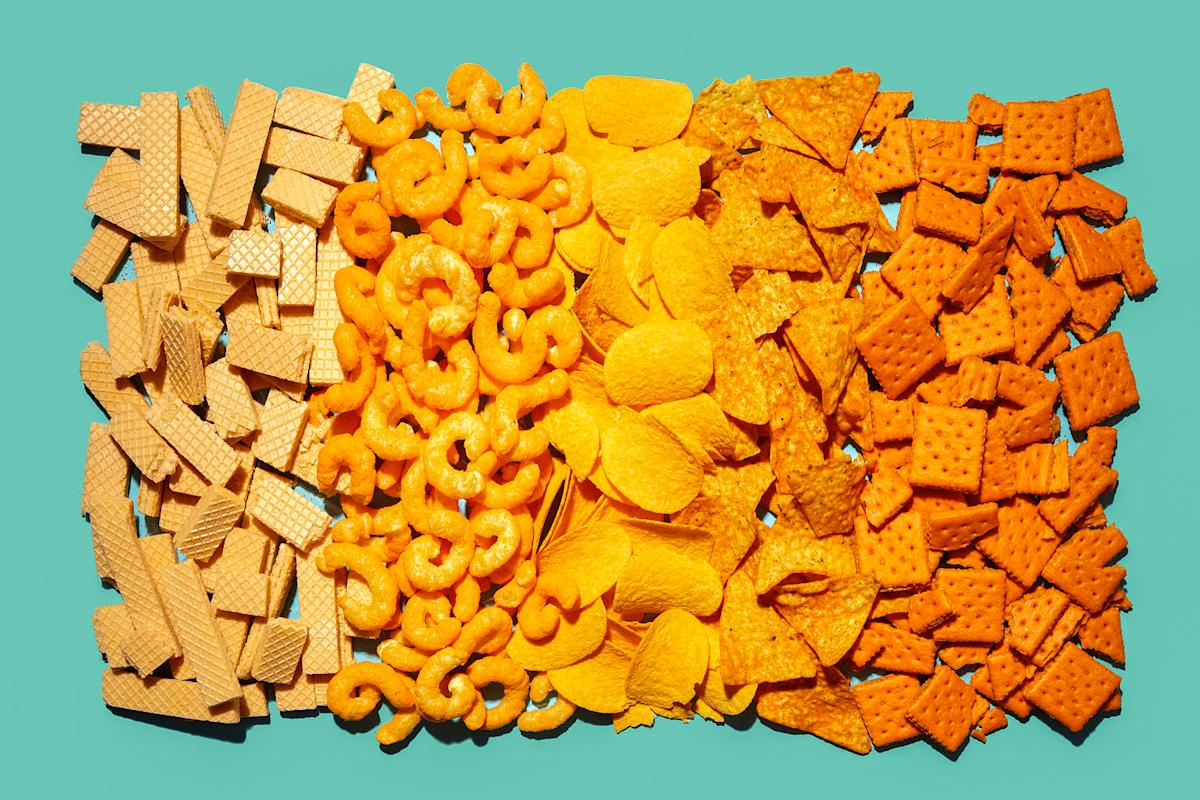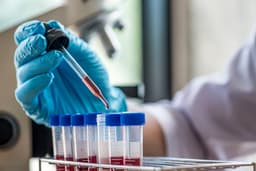Home / Health / Ultra-Processed Foods Tied to Precancerous Polyps in Young Women
Ultra-Processed Foods Tied to Precancerous Polyps in Young Women
13 Nov
Summary
- Study finds link between ultra-processed foods and precancerous colorectal growths in women under 50
- Rates of colorectal cancer in young people have risen sharply in recent decades
- Diets high in sugar, artificial sweeteners, and sauces/spreads most linked to increased polyp risk

According to a study published in JAMA Oncology on November 13, 2025, eating more ultra-processed foods is tied to an increased risk of precancerous colorectal growths, known as adenomas or polyps, in women under the age of 50. These growths can later turn into cancer and are a good indicator of a person's cancer risk.
The study, led by Dr. Andrew Chan of Massachusetts General Brigham in Boston, analyzed data from over 29,000 women in the Nurses' Health Study II. The women were followed for 24 years, from 1991 to 2015, and had at least one colonoscopy before age 50. The researchers found that women who consumed the most ultra-processed foods, accounting for one-third of their daily calories, were about 1.5 times more likely to develop adenomas compared to those who ate the least.
Experts note that the rise in colorectal cancer rates among young people in recent decades is likely driven by environmental factors rather than genetics. Ultra-processed foods, which now make up the bulk of the average American's diet, have been linked to various health issues, including depression, type 2 diabetes, and early death. The new findings suggest these foods could also be a contributing factor to the alarming increase in colorectal cancer cases in young adults.
While the study focused on women, other research has also found a connection between men's consumption of ultra-processed foods and cancer development. Doctors emphasize the importance of identifying modifiable lifestyle factors, such as diet, that may be driving the surge in colorectal cancer among younger populations.



